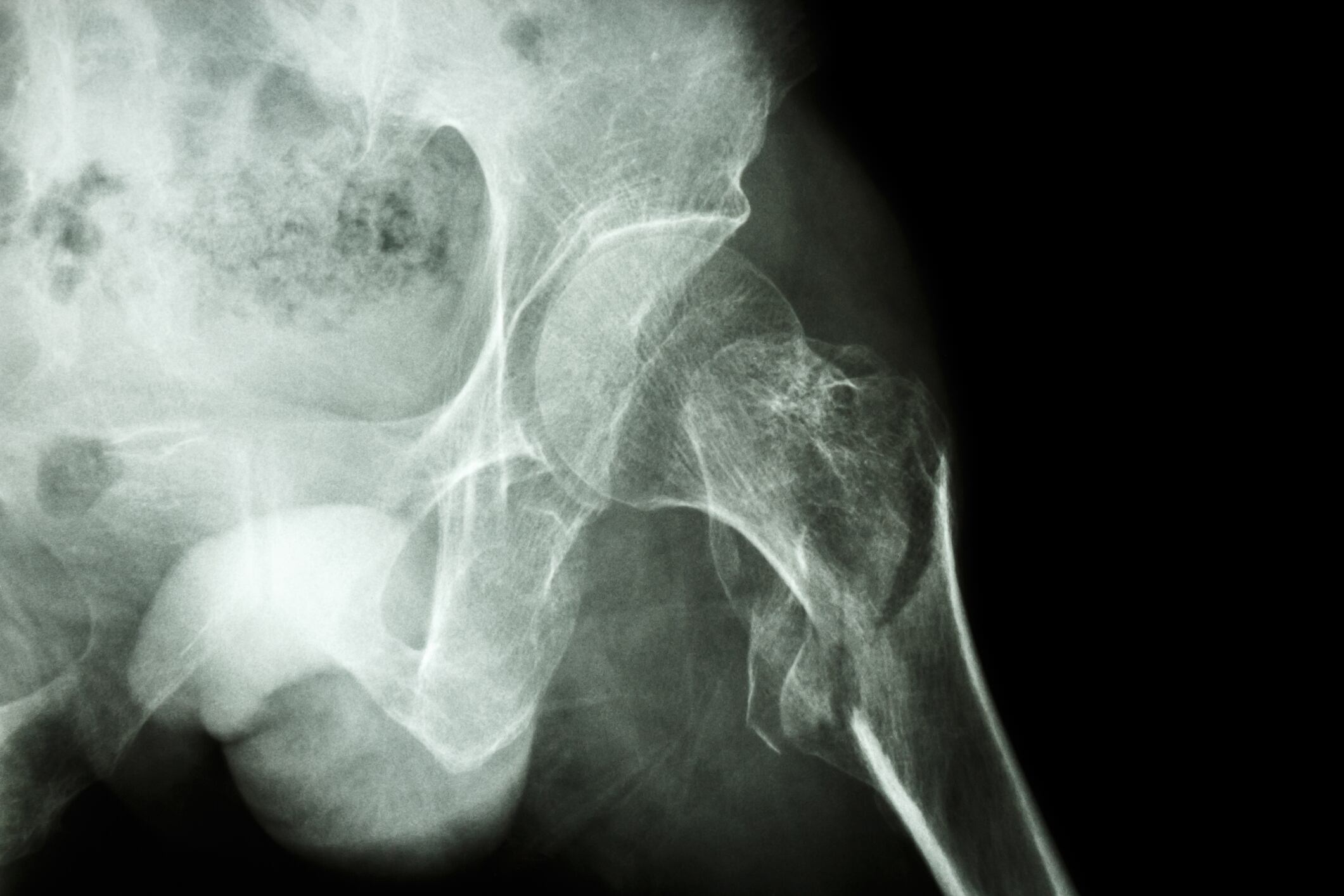Lactiplantibacillus plantarum subsp. plantarum AR495* was found to inhibit bone resorption by acting on the pathway that produces osteoclasts, specialized cells that breakdown bone, and also by modulating the production of pro-inflammatory cytokines, according to a study with lab mice.
Writing in the Journal of Functional Foods, scientists from the University of Shanghai for Science and Technology report that the AR495 also stabilized the intestinal barrier and the intestinal microbiota in the lab mice.
“Overall, the findings of this study contribute to the understanding of the anti-osteoporotic effects of probiotics, and of their mechanisms,” wrote the researchers. “Further research will need to focus on the metabolites of AR495 that actively modulate bone metabolism.”
* Lactiplantibacillus plantarum subsp. plantarum was formerly known as Lactobacillus plantarum. For more information on the taxonomic changes to the genus Lactobacillus, please click HERE.)
Bone health
Bone health and age-related bone loss continue to be a concern for many aging consumers. According to the US Centers for Disease Control and Prevention (CDC), osteoporosis, which is characterized by weakening of bone tissue, bone structure and strength, affects almost 20% of women over 50 years of age. The prevalence is much lower in men (4% of men in the same age group with osteoporosis of the femur neck or lumbar spine).
The potential link between the gut microbiota and bone health has been reported in the scientific literature. From an intervention perspective, there is a well-establish link between prebiotics and bone health, which is related to the induced changes in the microbiota that results in the production of short chain fatty acids (SCFAs). These SCFAs decrease the pH within the colon, improving the solubility of the calcium present. The calcium is then better absorbed into the body.
The new study, which was performed in female lab mice, indicated that specific strains of probiotics may also exert beneficial effects on bone health.
Study details
The researchers examined the potential efficacy of two strains, L. plantarum AR237 and AR495, in a mouse model of post-menopausal women. All mice had their ovaries removed to simulate the menopause loss in estrogen levels (a procedure called an (ovariectomy) and were divided into three groups: One group acted as the control, one group received AR237 and the final group received AR495.
After 54 days of intervention, the data revealed that, compared to the control and AR237, the AR495-fed mice had significantly less bone loss. These animals also had less intestinal permeability and an increase in the expression of tight junction proteins.
Beneficial effects on the pathway that produces osteoclasts were also recorded, while intestinal inflammatory responses were improved for the AR495-fed mice.
The researchers also recorded increases in the abundance of bacteria that produce SCFA and higher SCFA levels in feces of the mice fed AR495.
Specifically, the research team found that Eubacterium xylanophilum was “primarily responsible for modulating the severity of osteoporosis.
“This genus of gram-positive anaerobic nonspore-forming bacteria belonging to the family Lachnospiraceae was first discovered in the rumen of sheep fed corn stover in 1985 and was reported to degrade xylan into SCFA, including acetate and butyrate. However, it has not been isolated from the intestines of human and rodents,” added the researchers.
“Therefore, the results revealed that AR495 treatment was able to increase the abundance of SCFA-producing bacteria in the feces and small intestine of mice; however, AR237 was not as effective as AR495. This may explain why mice in the AR495 group exhibited better recovery from [ovariectomized]-induced osteoporosis. Moreover, it can be inferred that E. xylanophilum might be closely associated with anti-osteoporotic effects.”
Source: Journal of Functional Foods
Volume 87, December 2021, 104762, doi: 10.1016/j.jff.2021.104762
“Anti-osteoporotic potential of Lactobacillus plantarum AR237 and AR495 in ovariectomized mice”
Authors: J. Yu et al.


